Jewelry is more than just an accessory; it’s a reflection of personal style, cherished memories, and often a significant financial investment. Whether it's an heirloom passed down through generations or a newly acquired piece, taking care of your jewelry ensures it remains in pristine condition for years to come. Proper care not only preserves the appearance of your pieces but also helps maintain their value. In this guide, we’ll explore simple yet effective tips to care for your jewelry, so it continues to dazzle and delight.
1. Understand the Material of Your Jewelry
Different materials require different care. Before you start cleaning or storing your jewelry, it’s essential to know what it's made of:
- Gold: A soft metal that can scratch easily. Avoid harsh chemicals and store separately.
- Silver: Prone to tarnishing, but regular polishing can help maintain its shine.
- Platinum: More durable than gold but still susceptible to scratches.
- Gemstones: Each gemstone has its own hardness and care requirements. For instance, diamonds are incredibly hard, while opals are much softer and need more delicate handling.
- Pearls: Organic and delicate, pearls can be damaged by chemicals, including those in personal care products like perfume.
Understanding the material helps you tailor your care routine to avoid damage and keep your jewelry looking its best.
2. Regular Cleaning: Keep It Simple
Regular cleaning is crucial to maintaining your jewelry's brilliance. However, the cleaning method should be appropriate for the material. Here’s a simple guide:
- Gold and Platinum: Soak in warm, soapy water for a few minutes. Use a soft toothbrush to gently scrub away any dirt or oil. Rinse thoroughly and dry with a soft cloth.
- Silver: Use a silver polishing cloth or a specific silver cleaning solution. Avoid using paper towels or tissues, as they can scratch the metal.
- Gemstones: For harder gemstones like diamonds and sapphires, a gentle scrubbing with soapy water works well. Softer stones, like opals and emeralds, should be cleaned with a damp cloth.
- Pearls: Wipe with a damp cloth after wearing. Avoid soaking them in water, as it can weaken the string.
Always make sure to dry your jewelry thoroughly before storing it to prevent moisture from causing damage.
3. Proper Storage: Prevent Damage Before It Happens
Storing your jewelry properly is just as important as cleaning it. Improper storage can lead to scratches, tarnishing, and even lost pieces. Here’s how to store your jewelry safely:
- Use a Jewelry Box: A jewelry box with individual compartments is ideal for preventing pieces from scratching each other. Lined compartments provide extra protection.
- Keep Jewelry Separate: Store each piece separately, especially delicate items like pearls or pieces with intricate designs.
- Avoid Humidity: Store silver in a cool, dry place to prevent tarnishing. Consider using anti-tarnish strips or silica gel packs in your jewelry box.
- Travel Storage: When traveling, use a travel jewelry case with padded compartments. For added protection, wrap each piece in a soft cloth.
4. Know When to Take It Off: Protecting Jewelry from Daily Wear
Jewelry is designed to be worn and enjoyed, but there are times when it’s best to take it off to prevent damage:
- Exercise: Sweat can cause tarnishing, and physical activity can lead to scratches or even breakage.
- Swimming: Chlorine in pools can damage metals and gemstones, while saltwater can erode certain materials.
- Cleaning: Household cleaners often contain harsh chemicals that can tarnish metals and damage gemstones.
- Applying Lotion or Perfume: These products can leave a residue on jewelry, dulling its shine.
By removing your jewelry during these activities, you can prevent unnecessary wear and tear.
5. Regular Inspections: Catch Problems Early
Even with the best care, jewelry can wear out over time. Regular inspections can help catch any issues before they become serious problems:
- Check for Loose Stones: Gently shake the piece near your ear; if you hear a rattling sound, a stone may be loose.
- Inspect Clasps: Ensure that clasps on bracelets and necklaces are secure. A faulty clasp can lead to lost jewelry.
- Examine Prongs: Prongs holding gemstones should be intact and not bent. Weak prongs can lead to lost stones.
If you notice any issues during your inspection, take your jewelry to a professional jeweler for repair.
6. Professional Cleaning and Maintenance
While regular at-home cleaning is essential, professional cleaning and maintenance are also important. A jeweler has the tools and expertise to clean your jewelry thoroughly and make any necessary repairs. Consider scheduling a professional cleaning and inspection at least once a year.
7. Avoid Exposure to Chemicals
Chemicals can be incredibly damaging to jewelry, particularly delicate materials like pearls and certain gemstones. Avoid exposing your jewelry to:
- Household Cleaners: Bleach, ammonia, and other common cleaners can tarnish metals and damage stones.
- Beauty Products: Hair spray, lotion, and perfume can build up on jewelry, dulling its shine.
- Chemicals in Pools: Chlorine is especially harmful to gold and can weaken it over time.
If your jewelry does come into contact with chemicals, clean it as soon as possible to prevent long-term damage.
8. Be Mindful of Temperature Extremes
Extreme temperatures can cause certain gemstones to crack or change color. For example, opals and pearls can be particularly sensitive to sudden temperature changes. Avoid wearing these pieces in situations where they may be exposed to extreme heat or cold.
9. Handle with Care: Be Gentle with Delicate Pieces
Delicate jewelry, especially pieces with intricate designs or those made with softer materials, should be handled with extra care. Here are a few tips:
- Put Jewelry on Last: After dressing and applying any lotions or perfumes, put on your jewelry. This minimizes exposure to chemicals and reduces the risk of snagging on clothing.
- Use Caution with Chains: Fine chains can easily tangle or break. Store them separately and handle them carefully to prevent knots or damage.
- Avoid Overloading Jewelry Boxes: Overcrowding your jewelry box can lead to scratching or tangling. Make sure each piece has enough space.
10. Know When to Seek Professional Help
Sometimes, a piece of jewelry requires more than just routine cleaning and care. Knowing when to seek professional help can prevent further damage:
- Heirloom Pieces: If you have an antique or heirloom piece, consider having it professionally appraised and cleaned by a specialist.
- Complex Repairs: If a piece of jewelry is broken or damaged, don’t attempt to fix it yourself. Take it to a jeweler who can repair it properly.
- Replating: Over time, gold or silver plating can wear off. A jeweler can replate the piece to restore its original luster.
11. Document Your Jewelry
For valuable pieces, it’s a good idea to document them. This can be helpful in case of loss, theft, or damage. Here’s how to do it:
- Photograph Each Piece: Take clear, detailed photos of each piece of jewelry, including any unique features or markings.
- Keep Receipts and Appraisals: Store receipts, appraisals, and any other documentation in a safe place.
- Consider Insurance: For especially valuable items, consider insuring them. Jewelry insurance can cover loss, theft, and sometimes even damage.
The support Jewelry Couture provides for your Jewelry
The best thing you can do is trust a reputable jeweler who can expertly guide you in caring for your pieces while offering top-quality professional cleaning, inspection, repair, and remounting services.
When it comes to keeping your jewelry in perfect condition, trust the experienced, knowledgeable team at Jewelry Couture. Visit our showroom today to explore our stunning collection of breathtaking pieces.


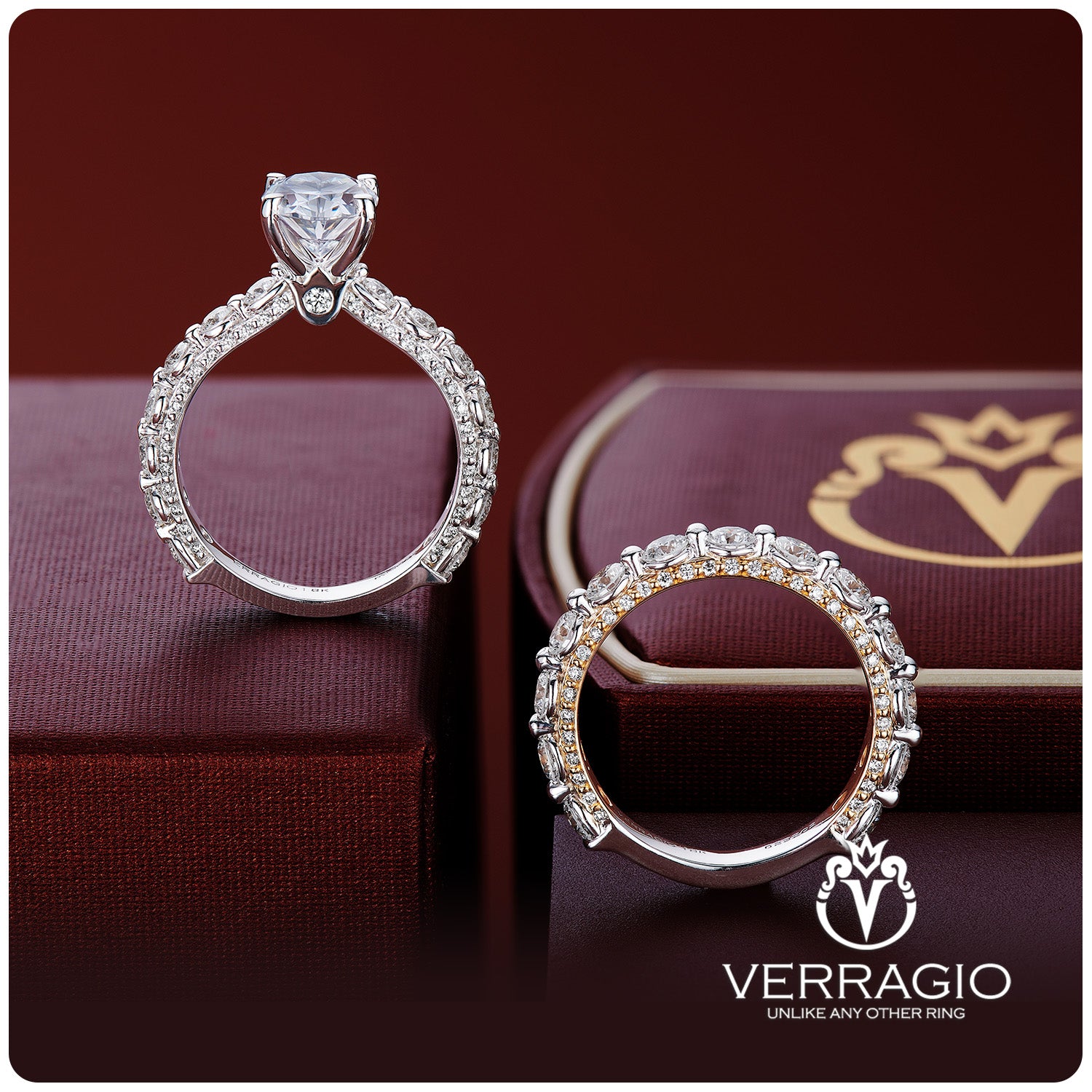
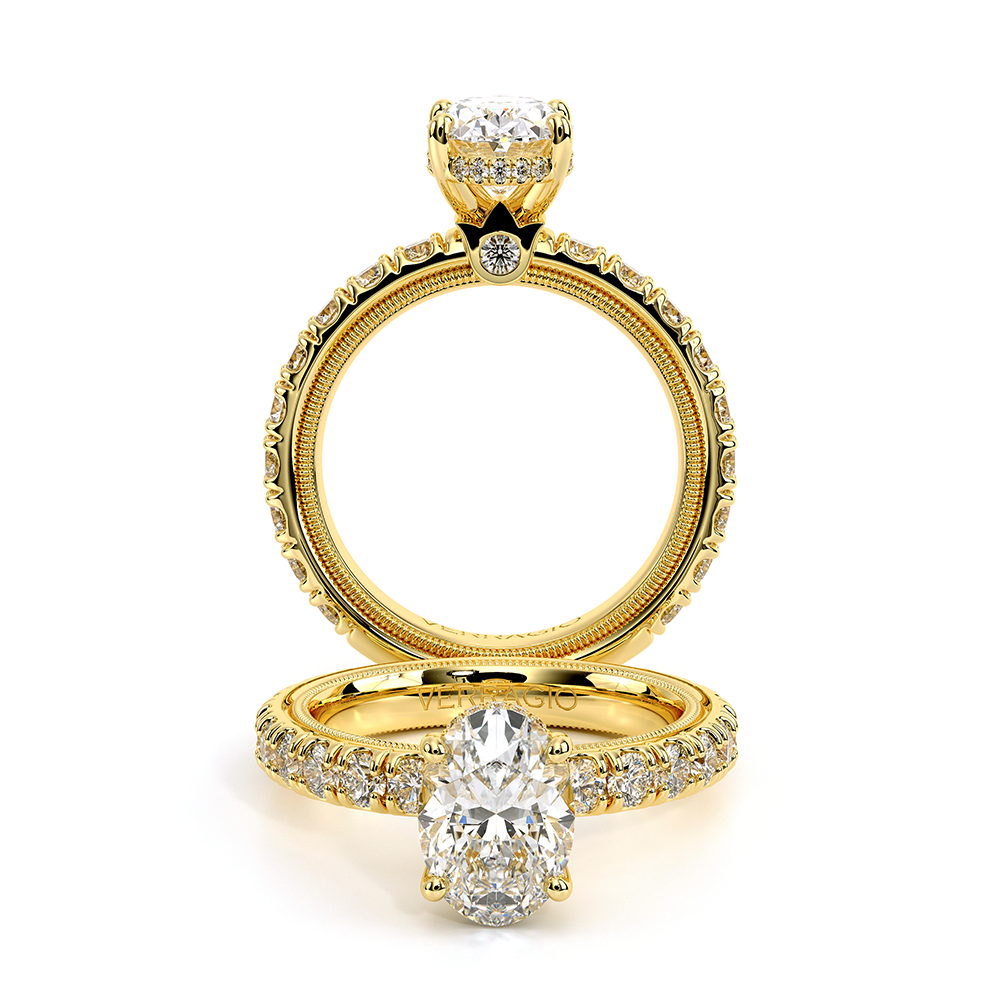
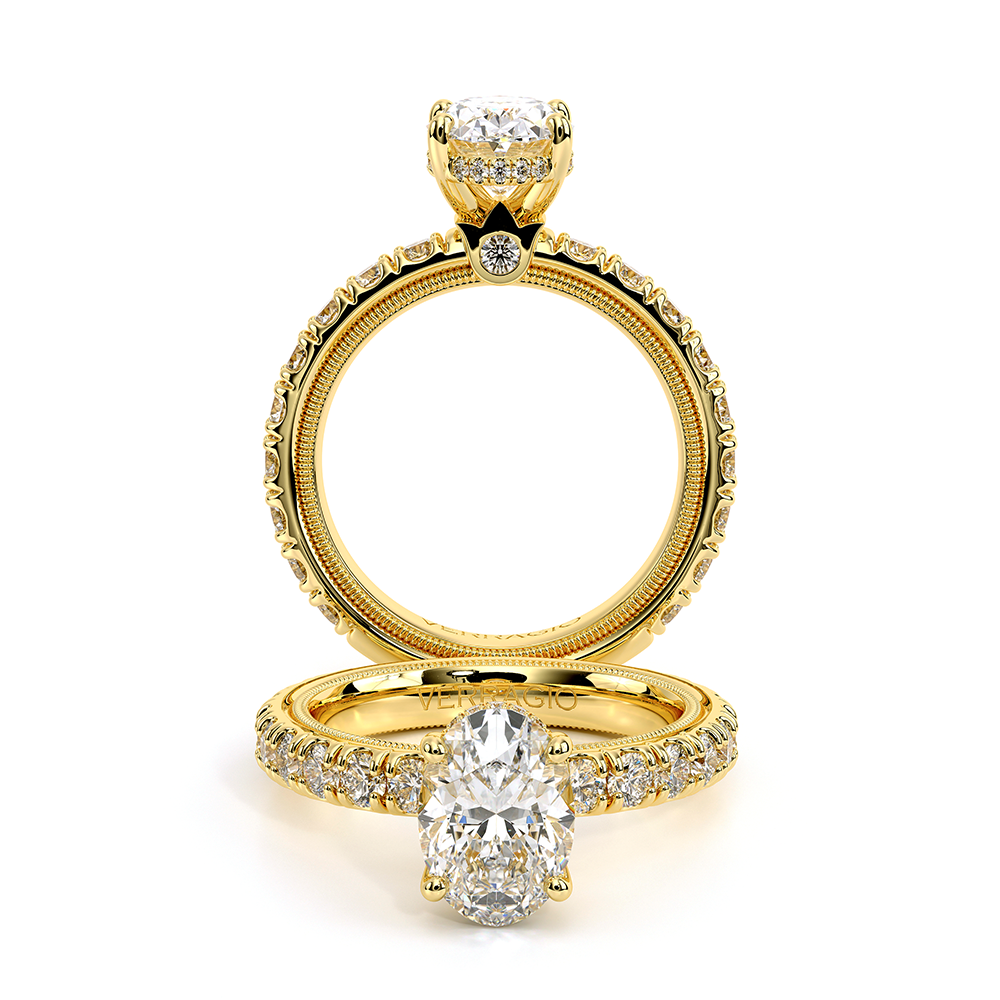
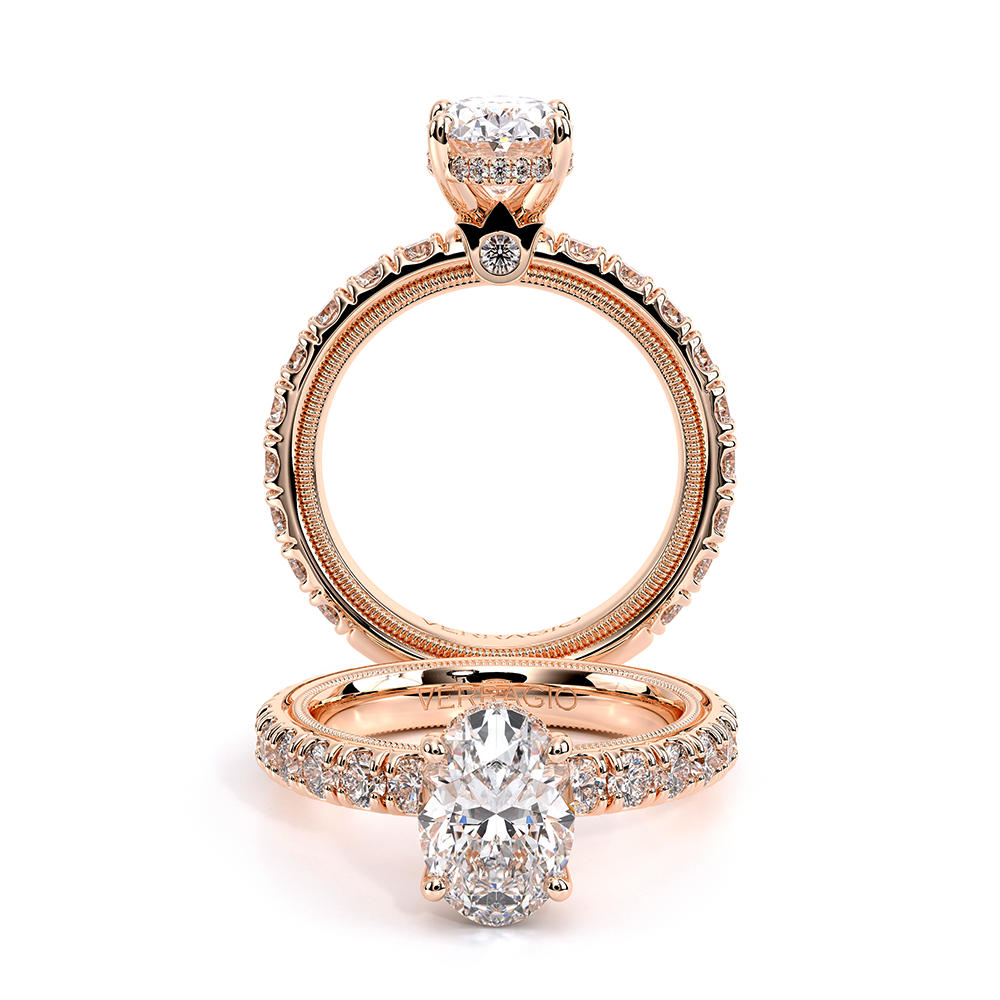
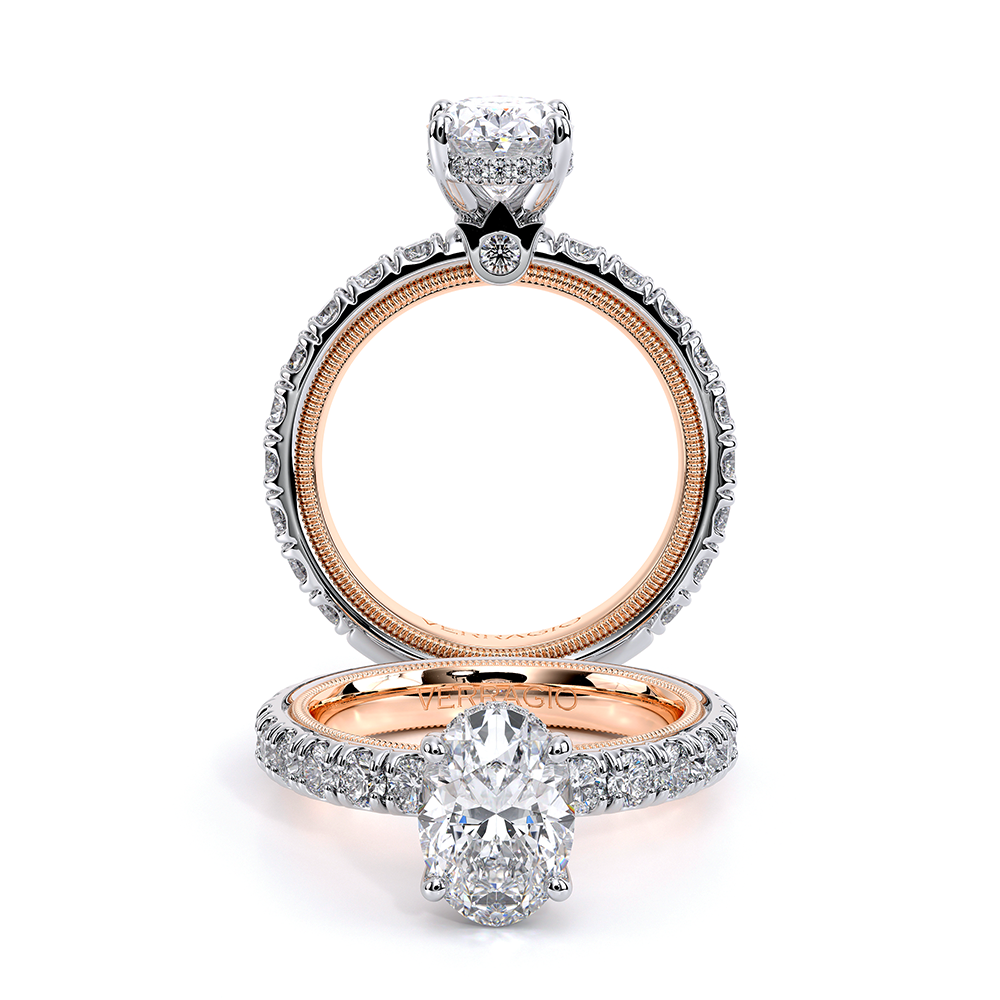
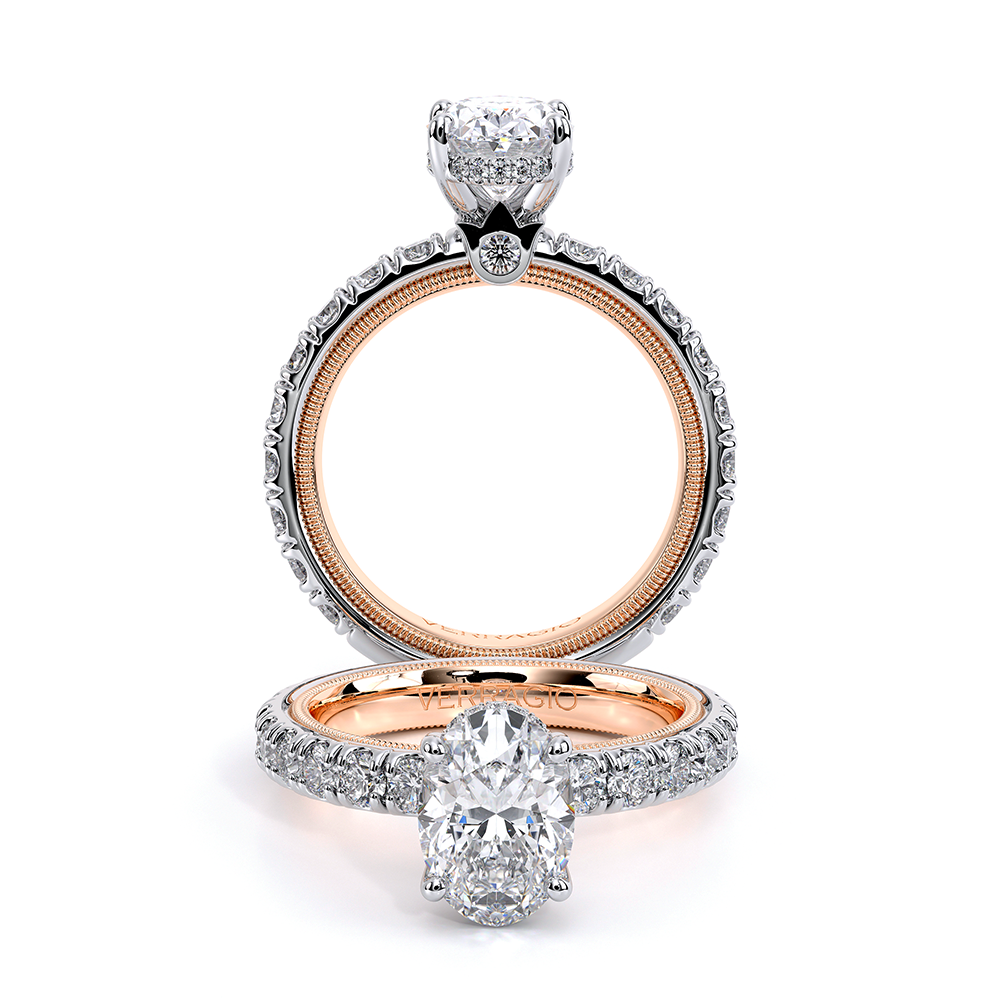
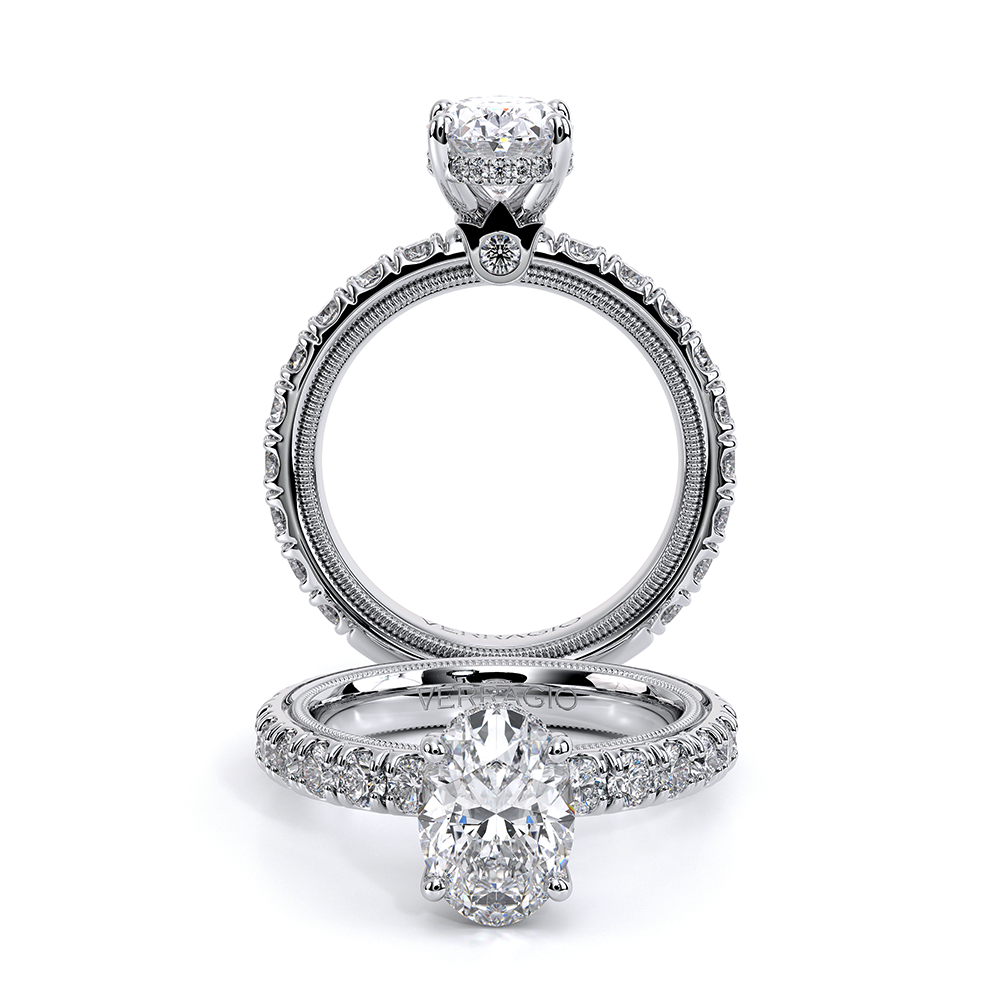
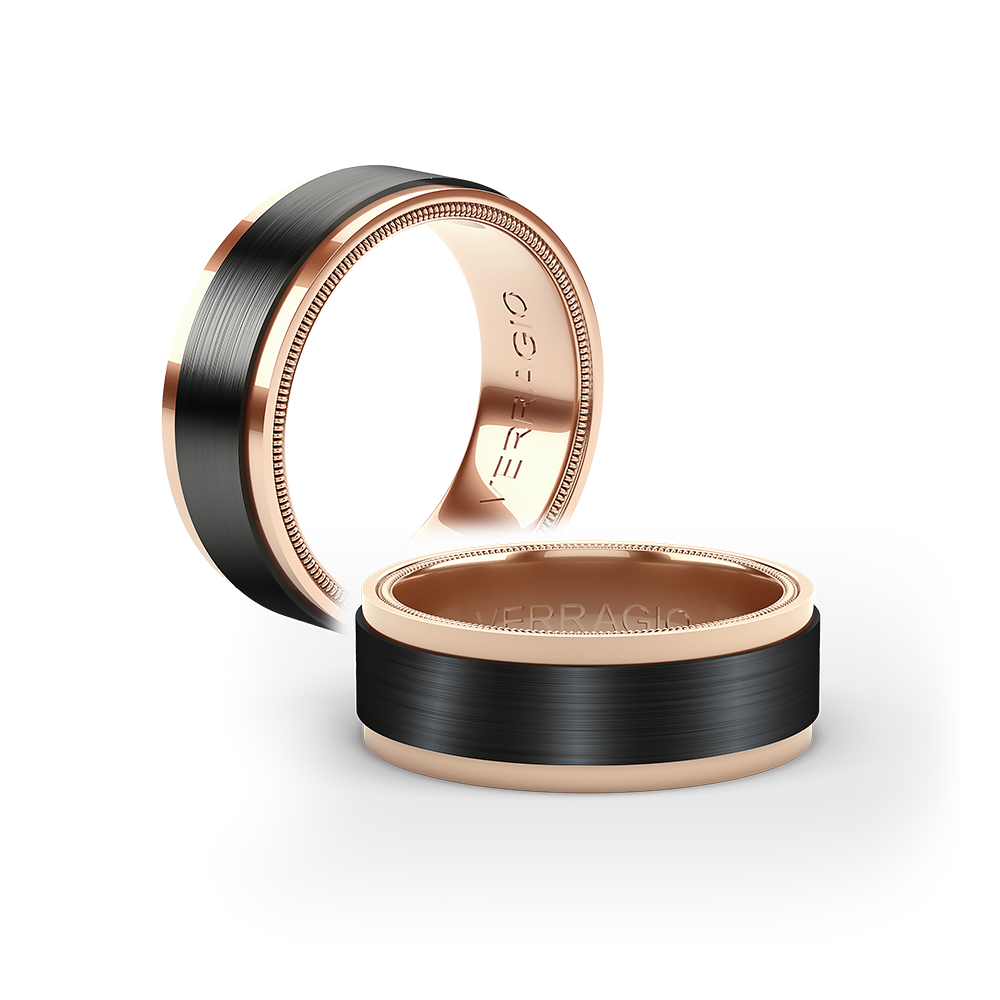
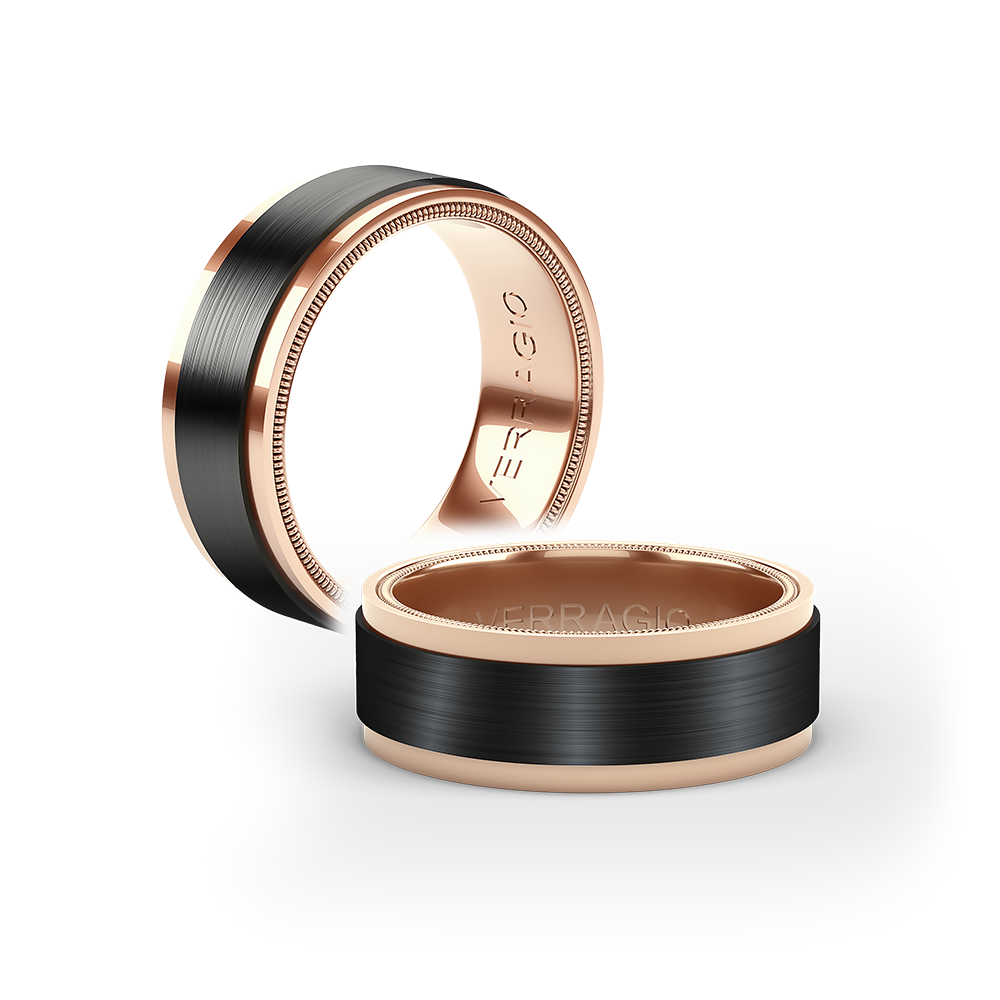
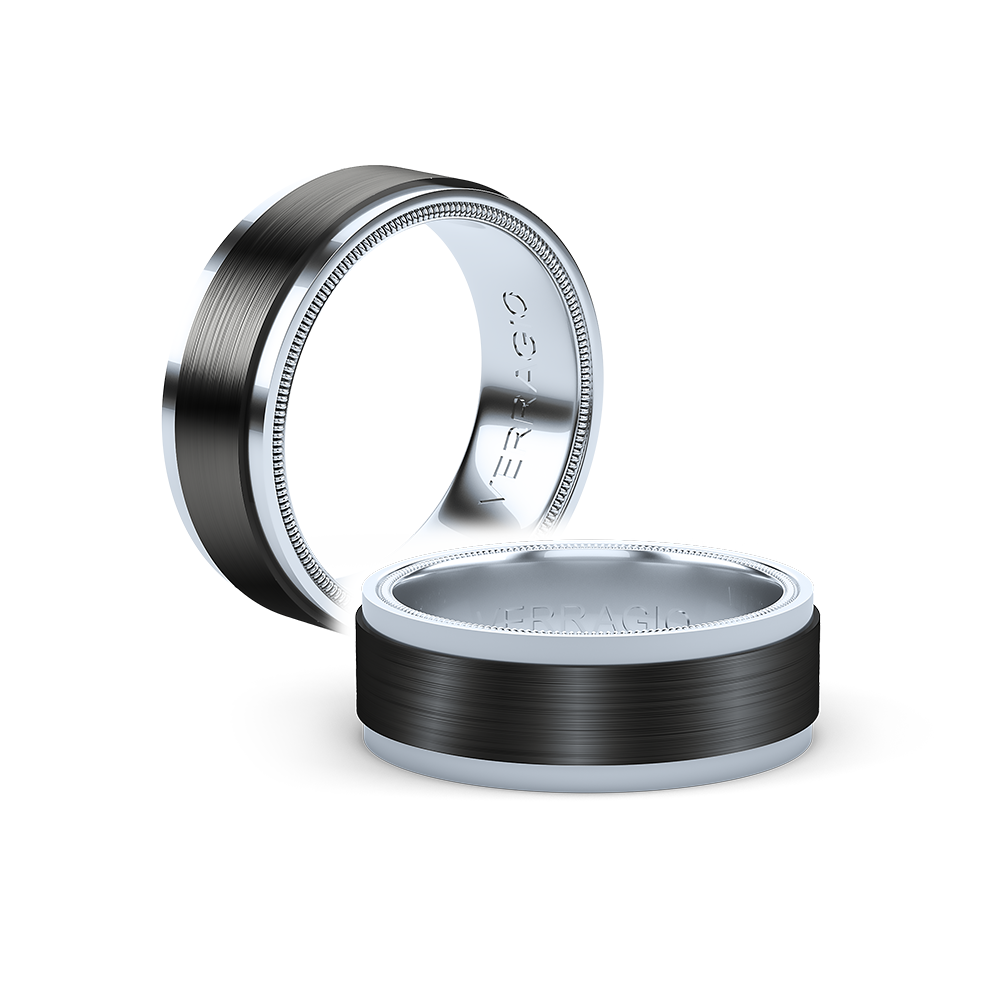
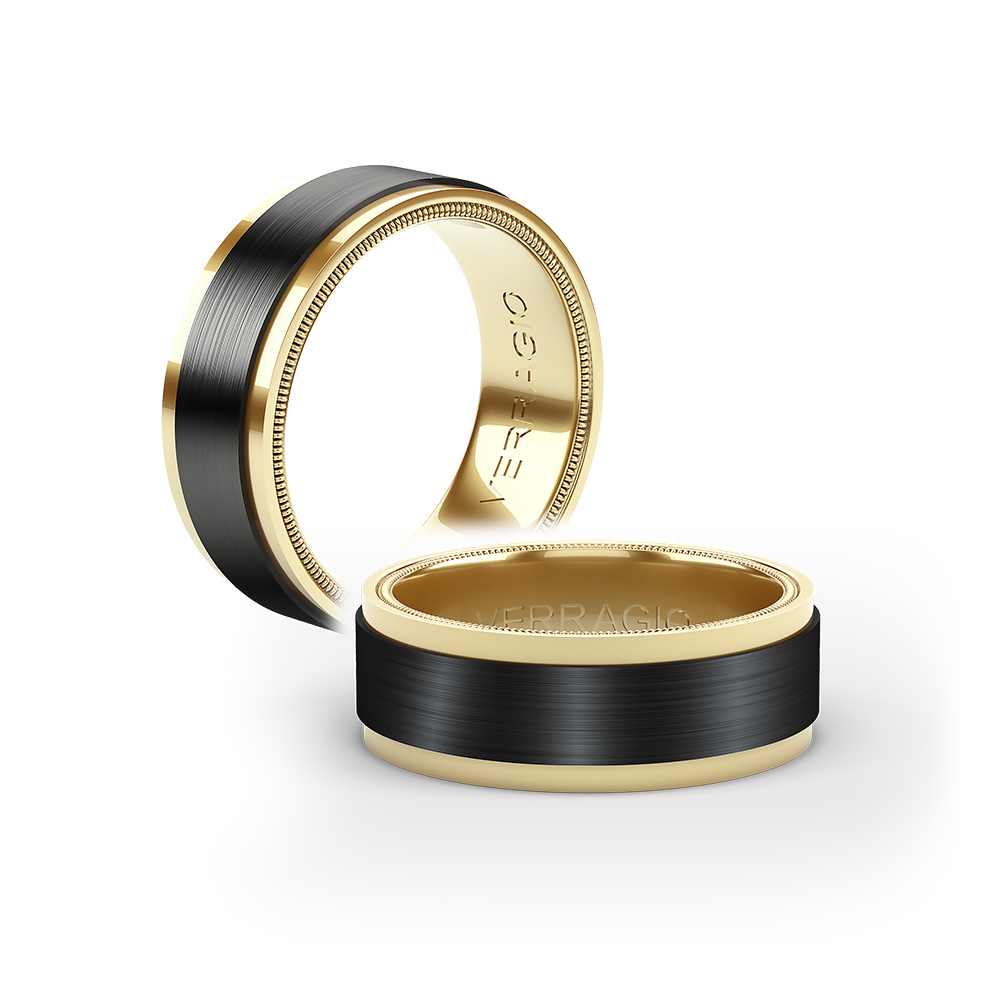
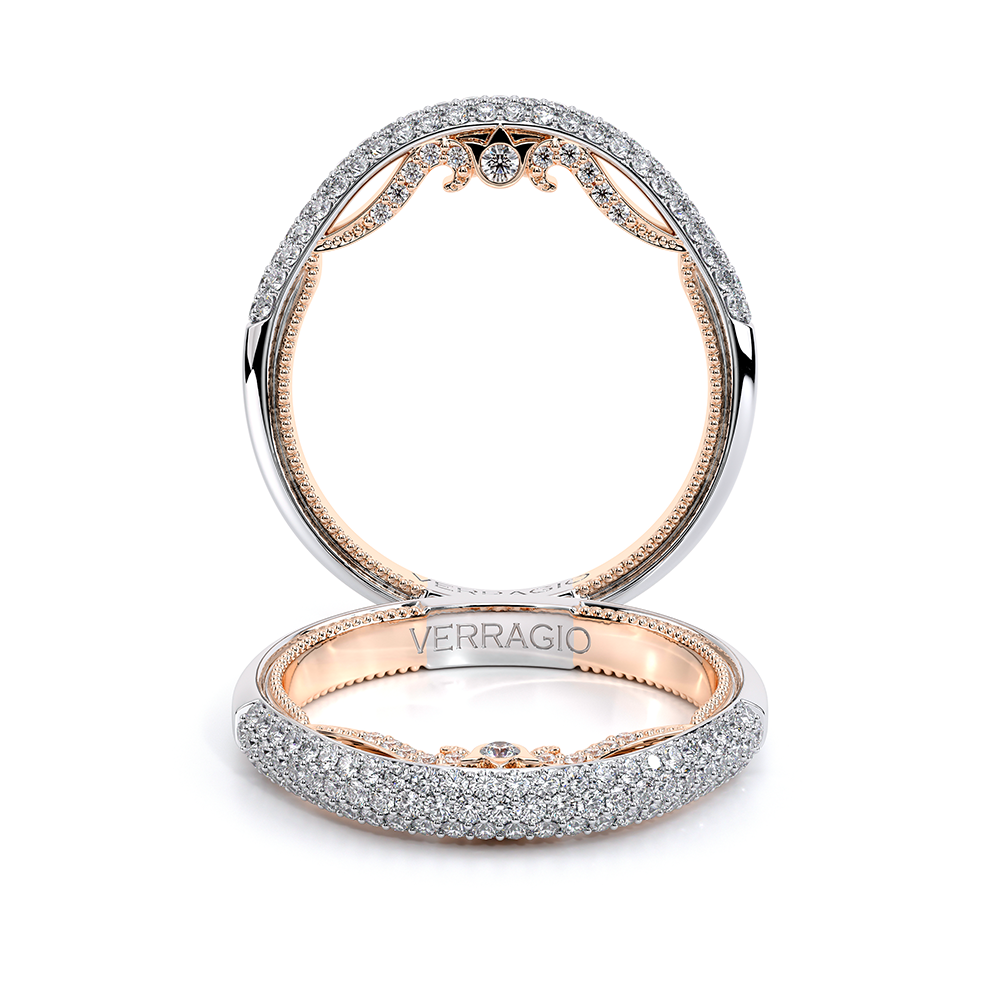
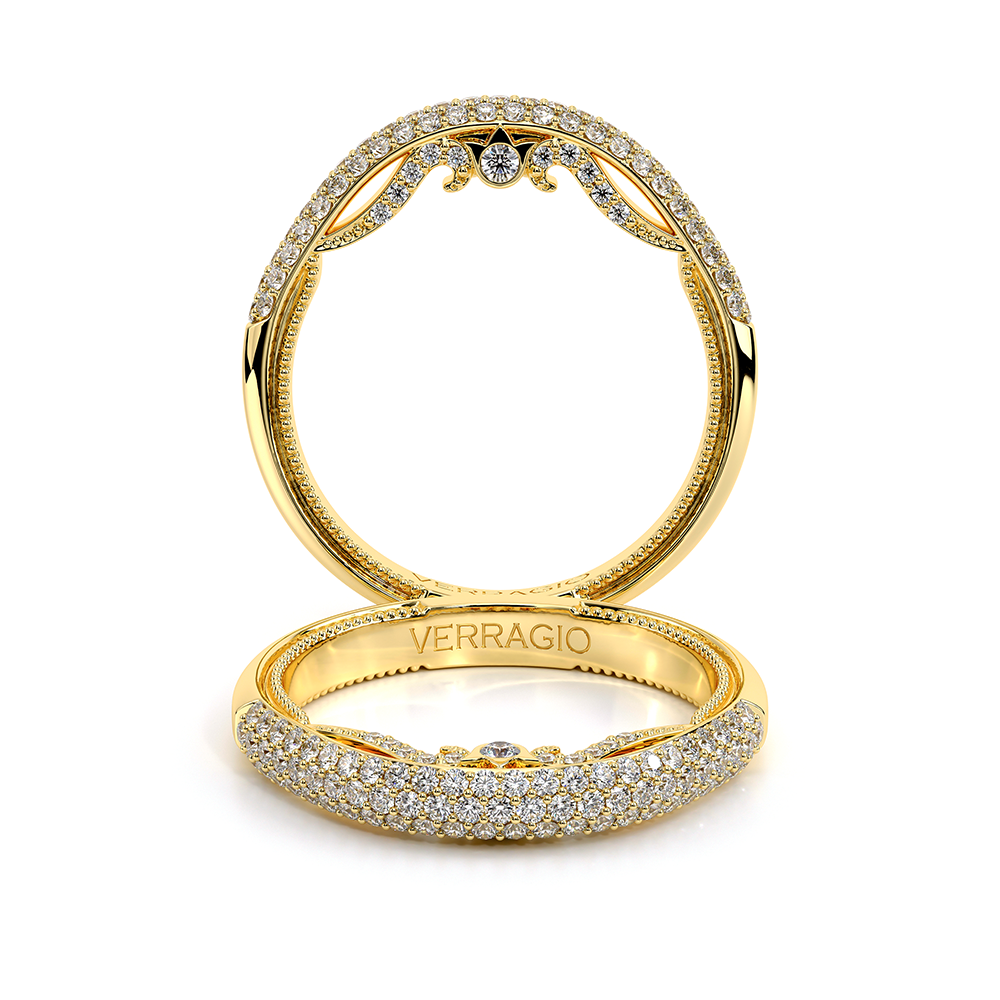
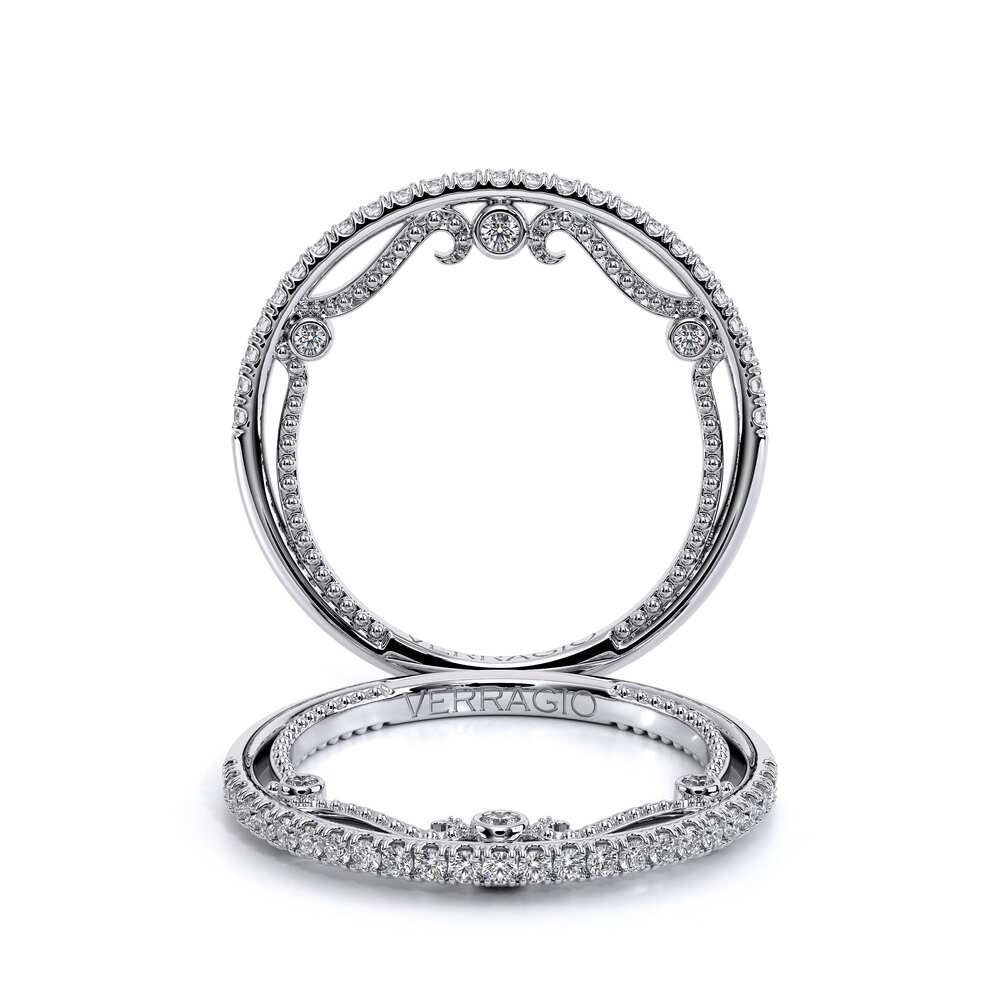
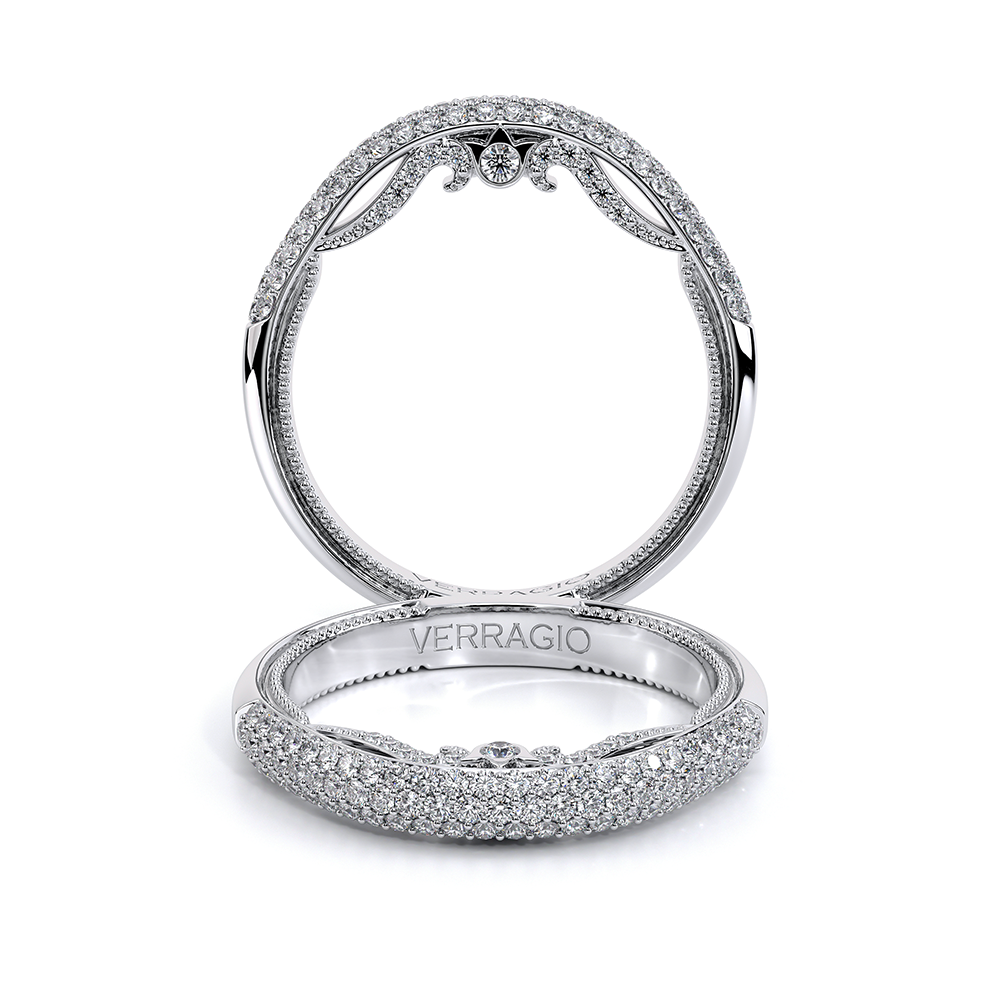
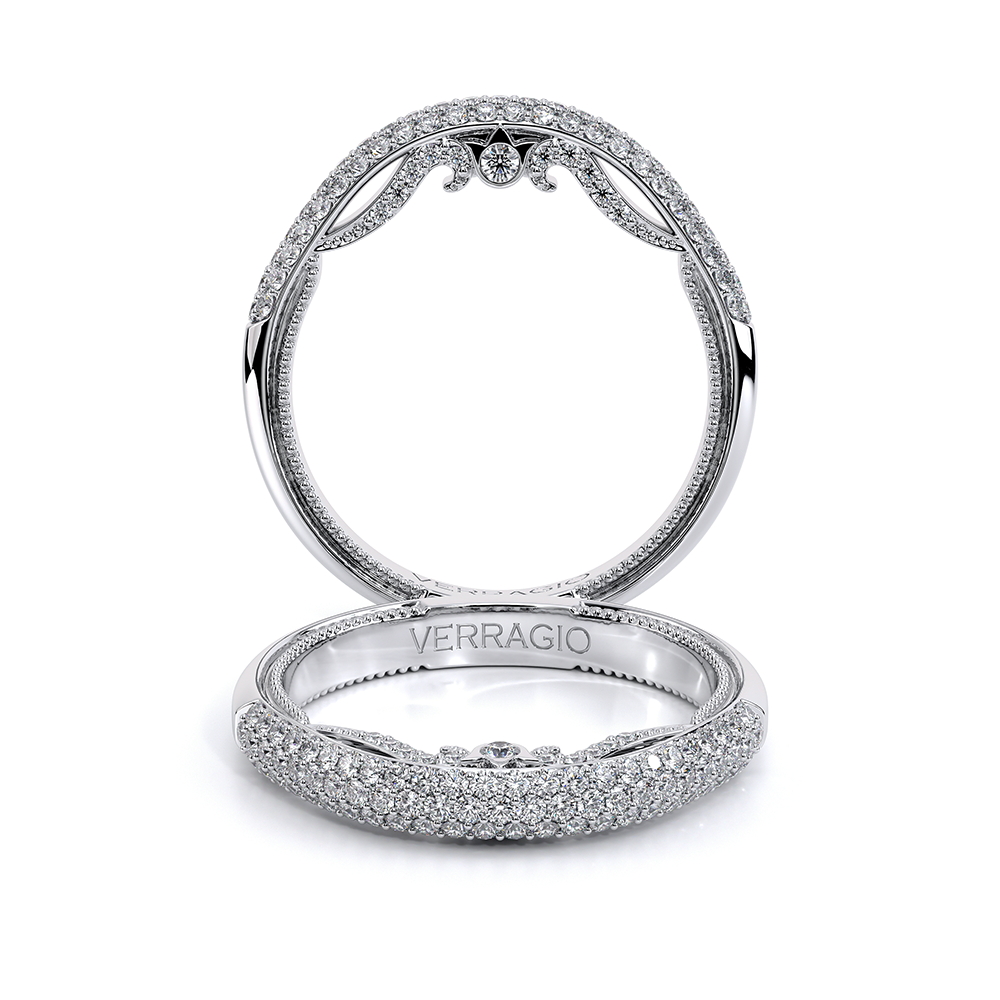
Leave a comment